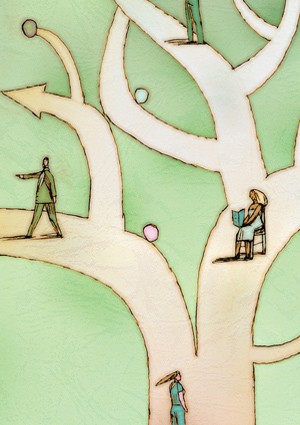Another enlightenment

It is by living and dying that one becomes a theologian, Martin Luther said. With that comment in mind, we have resumed a Century series published at intervals since 1939 and asked theologians to reflect on their own struggles, disappointments, questions and hopes as people of faith and to consider how their work and life have been intertwined. This article is the tenth in the series.
This essay might be titled "From another Reformation to another Enlightenment." Or perhaps "How an elder thinker returns to the instincts of youth." I have often detected the latter pattern in the works of other thinkers and have grown old enough to test this theory from within. Indeed, for the past two years or so I have begun remembering youthful dreams.
I recall entering college ready to embark upon the rationalist program of the Enlightenment: to become familiar with Descartes, Hegel and, above all, Kant, as if they were long-awaited prophets. The appeal to my young mind was the Enlightenment combination of earnestness, desire for rational clarity and coherence, and hope that all the world could be conceived and lived as a universal symphony and, at least on some level, in potential agreement.





